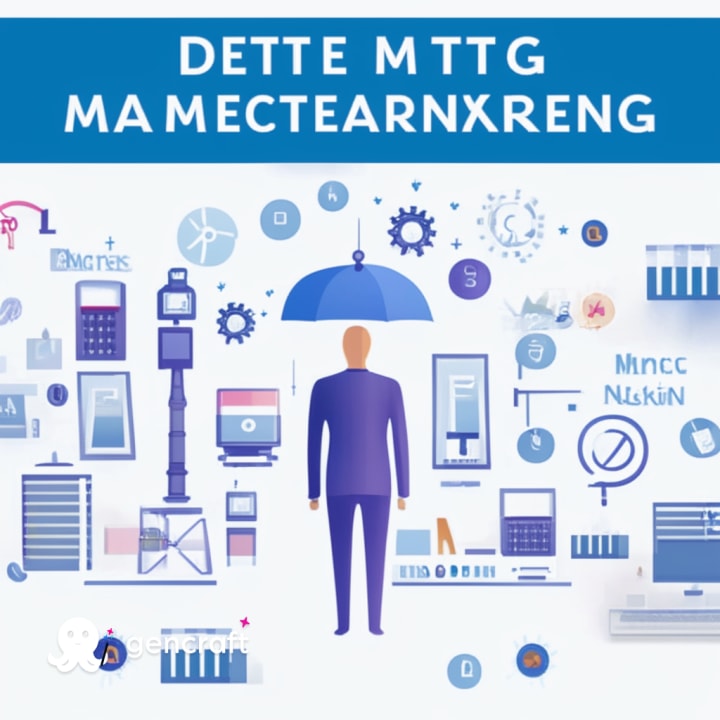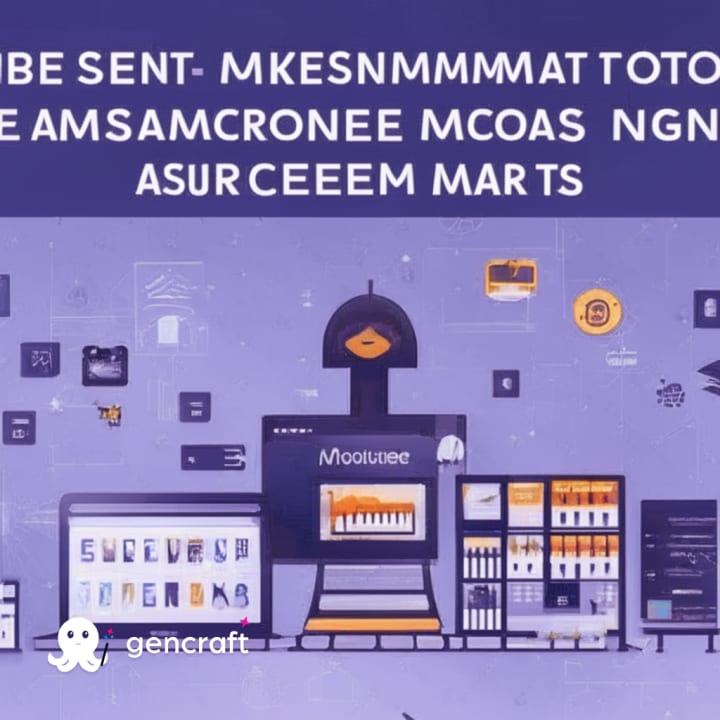Embracing the E-commerce Revolution: A 2000-Word Exploration of the Future and the Best Marketing Automation Tools
Embracing the Future of Retail: Unleashing the Potential of Ecommerce with Cutting-Edge Marketing Automation Tools

Introduction
In the age of technological advancements, the landscape of commerce has undergone a significant transformation, and one key driving force behind this change is ecommerce. Ecommerce, which refers to the buying and selling of goods and services online, has revolutionized the way businesses operate and consumers shop. In this era of digitalization, where convenience, speed, and accessibility are paramount, ecommerce has emerged as the future of retail. This article will delve into the reasons why ecommerce is the future and explore the best marketing automation tools that empower businesses to thrive in the competitive online marketplace.
Discover the Power of Email Marketing Automation - Sign Up Now!

I. The Rise of Ecommerce
1.1 Changing Consumer Behavior
One of the primary reasons ecommerce is the future lies in the changing consumer behavior. With the proliferation of the internet, mobile devices, and improved connectivity, consumers have grown more comfortable with online shopping. The convenience of browsing products, comparing prices, and making purchases from the comfort of their homes has led to a significant shift from traditional brick-and-mortar stores to digital storefronts.
1.2 Global Reach and Market Expansion
Ecommerce transcends geographical boundaries, enabling businesses to reach a global audience without the need for establishing physical stores in different regions. With the right marketing strategies and automation tools, businesses can cater to diverse markets, tapping into new customer bases, and boosting revenue.

1.3 Personalization and Customer Experience
In the digital age, customers expect personalized experiences and tailored recommendations. Ecommerce platforms, fueled by advanced data analytics and artificial intelligence, can gather customer preferences, behaviors, and purchase history to offer personalized product suggestions, enhancing the overall customer experience.
1.4 Lower Operating Costs and Increased Efficiency
Compared to traditional retail, ecommerce significantly reduces operating costs, eliminating the need for physical stores, on-site staff, and other related expenses. Automation streamlines various processes, such as inventory management, order processing, and customer support, leading to increased efficiency and cost savings.
Discover the Power of Email Marketing Automation - Sign Up Now!

II. The Power of Marketing Automation
2.1 Defining Marketing Automation
Marketing automation involves the use of technology to automate repetitive marketing tasks and processes, enabling businesses to target their audience more effectively, nurture leads, and improve overall marketing efficiency. This automation is crucial in the context of ecommerce, where the volume of data and interactions can be overwhelming without proper management.
2.2 Benefits of Marketing Automation for Ecommerce
a. Enhanced Lead Nurturing: Automation tools help businesses nurture leads through personalized emails, targeted content, and relevant offers, guiding potential customers through the sales funnel and increasing conversion rates.

b. Segmentation and Targeting: With marketing automation, businesses can segment their audience based on demographics, behavior, and preferences, allowing for more precise targeting and tailored marketing campaigns.
c. Cart Abandonment Recovery: Ecommerce businesses often face cart abandonment issues. Automation tools can send automated reminders and incentives to potential customers who abandon their carts, encouraging them to complete their purchase.
Discover the Power of Email Marketing Automation - Sign Up Now!

d. Customer Retention: Retaining customers is vital for long-term success. Automation can assist in sending post-purchase follow-ups, personalized offers, and loyalty rewards to foster customer loyalty.
e. Cross-Selling and Upselling: Automation facilitates cross-selling and upselling opportunities by suggesting complementary products or upgrades based on customers' previous purchases and preferences.
f. Social Media Management: Marketing automation tools can schedule and publish social media posts, track engagement, and analyze performance, allowing businesses to maintain a strong online presence.

g. Customer Support: Automation can handle basic customer queries and support tickets, providing quick responses and freeing up human support agents to focus on more complex issues.
III. Best Marketing Automation Tools for Ecommerce
3.1 HubSpot
HubSpot is an all-in-one inbound marketing, sales, and customer service platform that offers robust marketing automation capabilities. It provides tools for email marketing, lead nurturing, social media management, and customer relationship management (CRM). With its intuitive interface and seamless integration with ecommerce platforms, HubSpot is a popular choice for businesses looking to streamline their marketing efforts.
3.2 Mailchimp
Mailchimp is a user-friendly marketing automation platform that specializes in email marketing and audience segmentation. It allows businesses to create and automate email campaigns, design landing pages, and track customer engagement. Mailchimp's ecommerce integrations make it a valuable tool for online retailers seeking to enhance their email marketing strategies.
3.3 Klaviyo
Klaviyo is designed specifically for ecommerce businesses, making it a powerful marketing automation platform for online retailers. It offers advanced segmentation, personalized email marketing, and automation workflows based on customer behavior. Klaviyo's integrations with popular ecommerce platforms like Shopify and Magento make it a go-to choice for many ecommerce entrepreneurs.
3.4 ActiveCampaign
ActiveCampaign is a versatile marketing automation tool that caters to various industries, including ecommerce. It offers features like email marketing, marketing automation, CRM, and site tracking. ActiveCampaign's automation capabilities are highly customizable, allowing businesses to create intricate workflows tailored to their specific needs.
3.5 Salesforce Marketing Cloud
Salesforce Marketing Cloud is an enterprise-level marketing automation platform that provides a wide range of features, including email marketing, social media management, and customer journey mapping. Its robust automation capabilities are suitable for large-scale ecommerce businesses seeking to create personalized, data-driven marketing campaigns.
Discover the Power of Email Marketing Automation - Sign Up Now!

Conclusion
Ecommerce has emerged as the future of retail, reshaping consumer behavior and providing businesses with unparalleled opportunities for growth and expansion. Leveraging marketing automation tools is essential for ecommerce success, as they empower businesses to target their audience more effectively, enhance customer experiences, and optimize their marketing efforts.
The best marketing automation tools, such as HubSpot, Mailchimp, Klaviyo, ActiveCampaign, and Salesforce Marketing Cloud, are indispensable assets for businesses aiming to thrive in the competitive online marketplace. By combining the power of ecommerce and marketing automation, businesses can unlock their full potential, fostering customer loyalty, and achieving sustainable success in the dynamic world of online commerce.





Comments
There are no comments for this story
Be the first to respond and start the conversation.